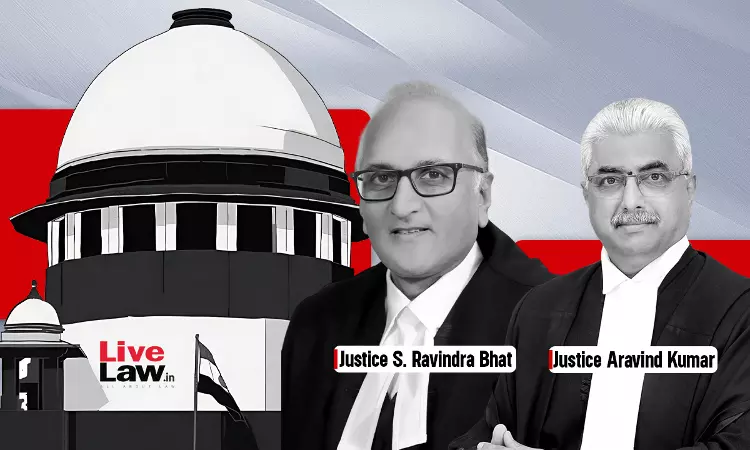Supreme Court Sets Aside Directions Issued By P&H High Court Regarding Appearance Of Prosecution Witnesses
Suraj Kumar
13 Aug 2023 1:03 PM IST

Next Story
13 Aug 2023 1:03 PM IST
The Supreme Court recently set aside the directions issued by the Punjab & Haryana High Court regarding issuance of summons to prosecution witnesses in a criminal trial.The High Court, in its order passed on May 27, 2022, had adopted the directions issued by the Madhya Pradesh High Court in Rambahor Saket and others vs State of M.P.(2018) and reiterated those guidelines as...
